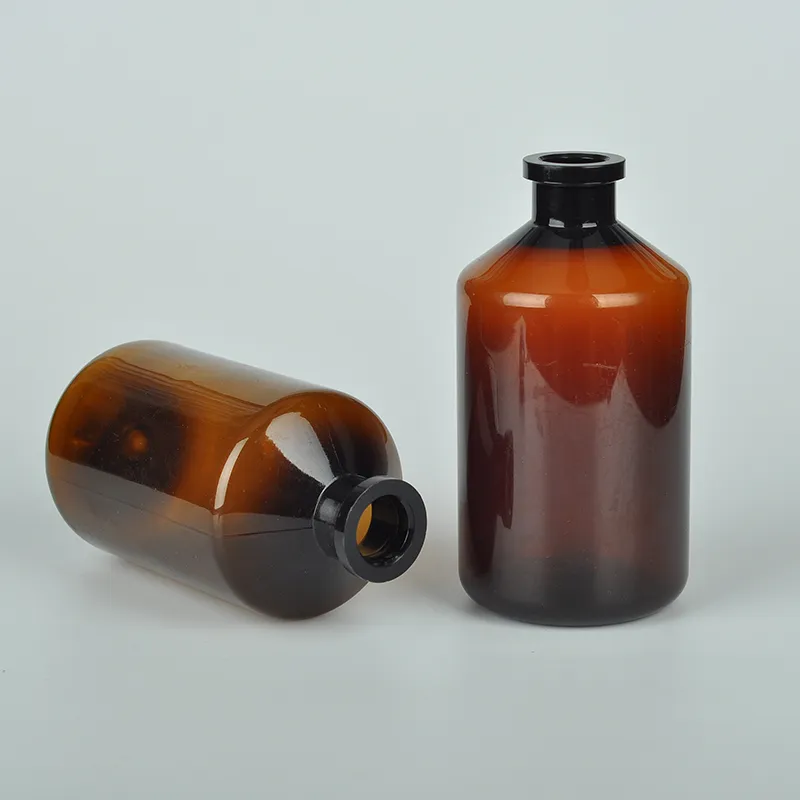
-
 Afrikaans
Afrikaans -
 Albanian
Albanian -
 Amharic
Amharic -
 Arabic
Arabic -
 Armenian
Armenian -
 Azerbaijani
Azerbaijani -
 Basque
Basque -
 Belarusian
Belarusian -
 Bengali
Bengali -
 Bosnian
Bosnian -
 Bulgarian
Bulgarian -
 Catalan
Catalan -
 Cebuano
Cebuano -
 Corsican
Corsican -
 Croatian
Croatian -
 Czech
Czech -
 Danish
Danish -
 Dutch
Dutch -
 English
English -
 Esperanto
Esperanto -
 Estonian
Estonian -
 Finnish
Finnish -
 French
French -
 Frisian
Frisian -
 Galician
Galician -
 Georgian
Georgian -
 German
German -
 Greek
Greek -
 Gujarati
Gujarati -
 Haitian Creole
Haitian Creole -
 hausa
hausa -
 hawaiian
hawaiian -
 Hebrew
Hebrew -
 Hindi
Hindi -
 Miao
Miao -
 Hungarian
Hungarian -
 Icelandic
Icelandic -
 igbo
igbo -
 Indonesian
Indonesian -
 irish
irish -
 Italian
Italian -
 Japanese
Japanese -
 Javanese
Javanese -
 Kannada
Kannada -
 kazakh
kazakh -
 Khmer
Khmer -
 Rwandese
Rwandese -
 Korean
Korean -
 Kurdish
Kurdish -
 Kyrgyz
Kyrgyz -
 Lao
Lao -
 Latin
Latin -
 Latvian
Latvian -
 Lithuanian
Lithuanian -
 Luxembourgish
Luxembourgish -
 Macedonian
Macedonian -
 Malgashi
Malgashi -
 Malay
Malay -
 Malayalam
Malayalam -
 Maltese
Maltese -
 Maori
Maori -
 Marathi
Marathi -
 Mongolian
Mongolian -
 Myanmar
Myanmar -
 Nepali
Nepali -
 Norwegian
Norwegian -
 Norwegian
Norwegian -
 Occitan
Occitan -
 Pashto
Pashto -
 Persian
Persian -
 Polish
Polish -
 Portuguese
Portuguese -
 Punjabi
Punjabi -
 Romanian
Romanian -
 Russian
Russian -
 Samoan
Samoan -
 Scottish Gaelic
Scottish Gaelic -
 Serbian
Serbian -
 Sesotho
Sesotho -
 Shona
Shona -
 Sindhi
Sindhi -
 Sinhala
Sinhala -
 Slovak
Slovak -
 Slovenian
Slovenian -
 Somali
Somali -
 Spanish
Spanish -
 Sundanese
Sundanese -
 Swahili
Swahili -
 Swedish
Swedish -
 Tagalog
Tagalog -
 Tajik
Tajik -
 Tamil
Tamil -
 Tatar
Tatar -
 Telugu
Telugu -
 Thai
Thai -
 Turkish
Turkish -
 Turkmen
Turkmen -
 Ukrainian
Ukrainian -
 Urdu
Urdu -
 Uighur
Uighur -
 Uzbek
Uzbek -
 Vietnamese
Vietnamese -
 Welsh
Welsh -
 Bantu
Bantu -
 Yiddish
Yiddish -
 Yoruba
Yoruba -
 Zulu
Zulu
Jan . 28, 2025 02:38
Back to list
plastic reagent bottle factory
Reagent bottles are an essential component in laboratories, and selecting the right one can significantly impact the efficiency and safety of experiments. Among various sizes, the 250ml reagent bottle is particularly popular due to its versatility and suitability for numerous applications. When considering purchasing a 250ml reagent bottle, understanding the price dynamics and factors influencing these dynamics is crucial to making an informed decision.
When diving deeper into the expertise of reagent bottle specifications, it is pertinent to understand the implications of using different styles of bottles, such as amber-colored bottles that protect light-sensitive compounds from degradation. Specialized coatings and treatments that ensure chemical resistance also categorize bottles into higher price points. Trust in the product and its supplier ensures that repeated purchases remain consistent in quality. It's crucial to evaluate customer reviews and the supplier's reputation in the market. Customer experiences shared online, especially on forums dedicated to laboratory supplies, can provide insight into the real-world performance of these bottles beyond the manufacturer's claims. To enhance trustworthiness, it's advisable to verify any certification or quality standards compliance the bottle adheres to, such as ISO standards or ASTM standards. Having this validation can assure customers of both safety and efficacy, which is vital in maintaining the integrity of scientific work. In conclusion, understanding the price dynamics of 250ml reagent bottles involves a thorough analysis of material, brand, supplier proximity, and additional features. By making an informed choice based on these factors, one can ensure that the selected reagent bottle meets the specific needs and standards of their laboratory work, without compromising quality or budget. This decision-making process underlines the importance of Experience, Expertise, Authoritativeness, and Trustworthiness in purchasing laboratory equipment, driving both efficiency and reliability in scientific endeavors.


When diving deeper into the expertise of reagent bottle specifications, it is pertinent to understand the implications of using different styles of bottles, such as amber-colored bottles that protect light-sensitive compounds from degradation. Specialized coatings and treatments that ensure chemical resistance also categorize bottles into higher price points. Trust in the product and its supplier ensures that repeated purchases remain consistent in quality. It's crucial to evaluate customer reviews and the supplier's reputation in the market. Customer experiences shared online, especially on forums dedicated to laboratory supplies, can provide insight into the real-world performance of these bottles beyond the manufacturer's claims. To enhance trustworthiness, it's advisable to verify any certification or quality standards compliance the bottle adheres to, such as ISO standards or ASTM standards. Having this validation can assure customers of both safety and efficacy, which is vital in maintaining the integrity of scientific work. In conclusion, understanding the price dynamics of 250ml reagent bottles involves a thorough analysis of material, brand, supplier proximity, and additional features. By making an informed choice based on these factors, one can ensure that the selected reagent bottle meets the specific needs and standards of their laboratory work, without compromising quality or budget. This decision-making process underlines the importance of Experience, Expertise, Authoritativeness, and Trustworthiness in purchasing laboratory equipment, driving both efficiency and reliability in scientific endeavors.
Share
Next:
Latest news
-
PTFE Centrifuge Tubes - Chemical Resistant, Leak-proof, Ideal for Laboratory UseNewsJul.05,2025
-
Premium Metal Dropper Bottle for Precise Dispensing 250ml & 1ml Options AvailableNewsJul.04,2025
-
20 ml Headspace Vials - High Quality Polyethylene & Plastic Vials for Lab UseNewsJul.04,2025
-
Small Bottle with Pipette - Precise Dispensing 100ml Pipette Bottles for Essential Oils & Lab UseNewsJun.24,2025
-
Acetic Anhydride Bottle for Accurate Dropper Measurement in Pharmacy Use High-Quality Dropper BottlesNewsJun.10,2025
-
Innovative PET Bottle Design for Juice – Unique Shapes & Customization OptionsNewsJun.10,2025
RECOMMEND PRODUCTS






















